EDITORIAL
Published on 13 Sep 2021
Editorial: B Cells in Inflammatory and Neurodegenerative Diseases of the Central Nervous System
doi 10.3389/fneur.2021.759712
- 1,128 views
20k
Total downloads
92k
Total views and downloads
Select the journal/section where you want your idea to be submitted:
EDITORIAL
Published on 13 Sep 2021
REVIEW
Published on 08 Jun 2021

REVIEW
Published on 07 Jun 2021
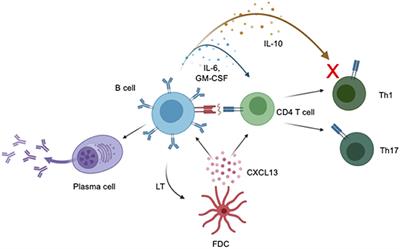
MINI REVIEW
Published on 22 Jan 2021
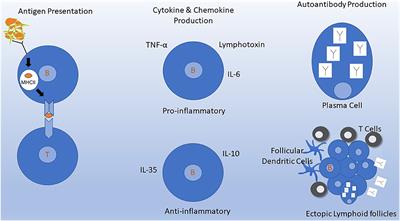
ORIGINAL RESEARCH
Published on 15 Jan 2021
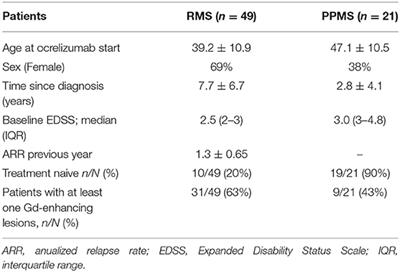
ORIGINAL RESEARCH
Published on 17 Dec 2020
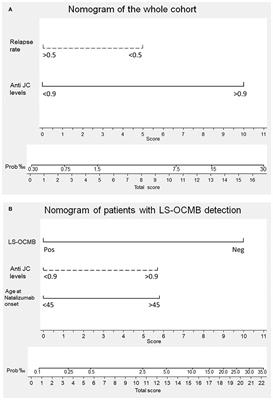
REVIEW
Published on 08 Dec 2020
REVIEW
Published on 03 Nov 2020
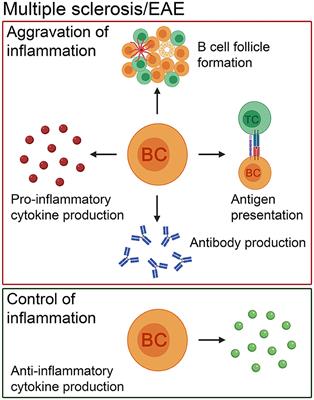
MINI REVIEW
Published on 20 Oct 2020
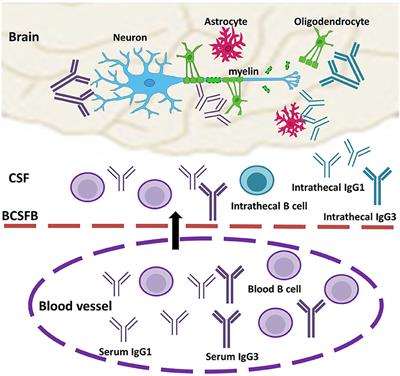
ORIGINAL RESEARCH
Published on 21 Aug 2020
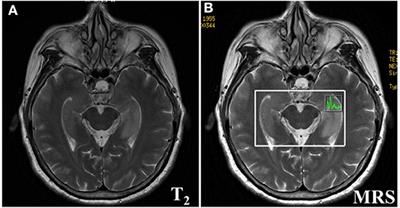
REVIEW
Published on 20 Aug 2020


Frontiers in Immunology